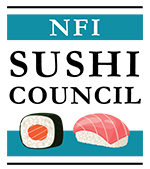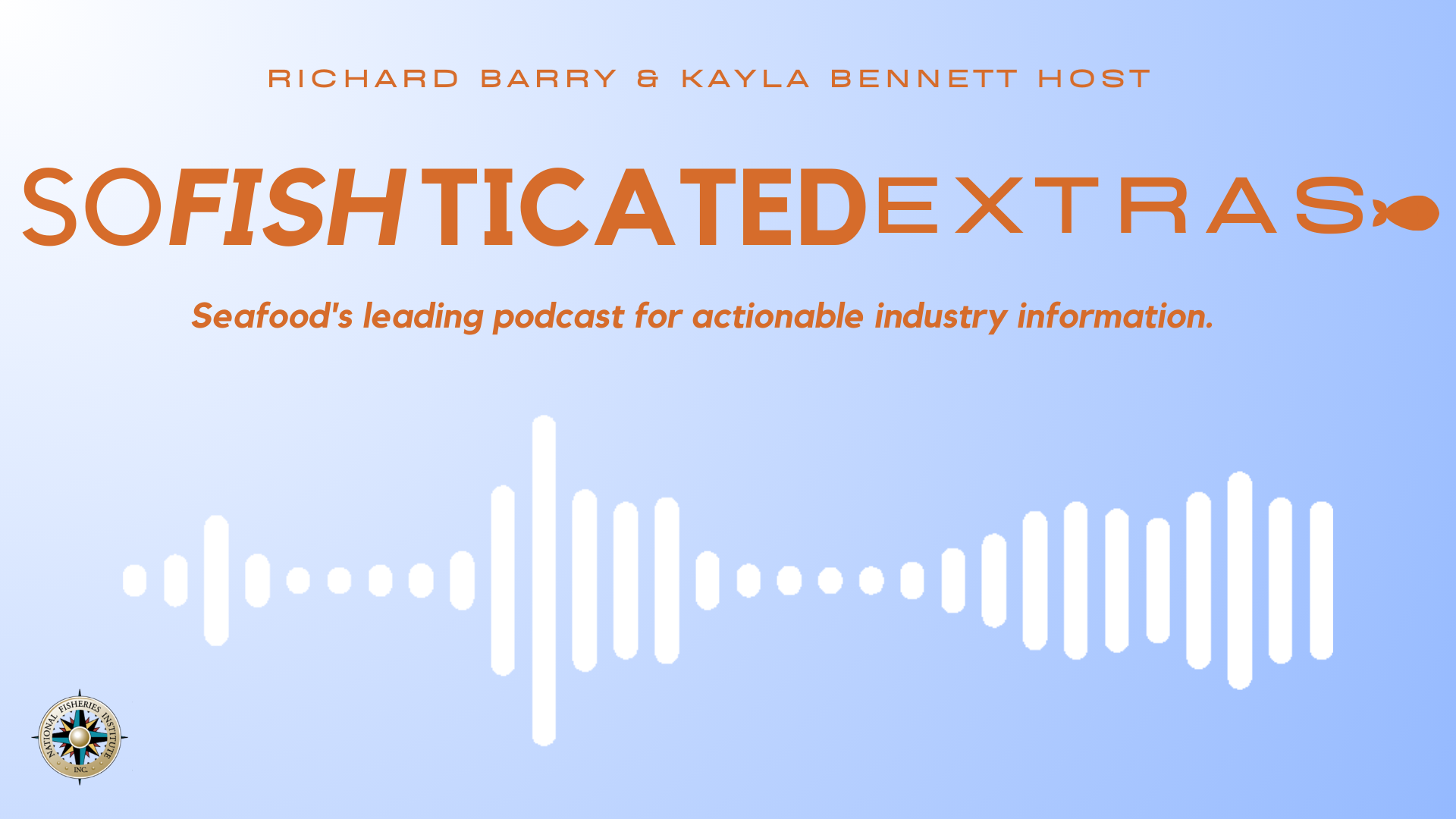Fish during pregnancy: A baby brain builder or harmful neurotoxin?
![]() Rhetoric: Pregnant and breastfeeding women need to be careful about eating seafood because the trace amounts of mercury found in almost all seafood is also a known neurotoxin that could result in neurological problems, lower IQs and compromised immune systems for their children. To protect themselves from methylmercury’s harmful effects, they should minimize or eliminate their fish intake.
Rhetoric: Pregnant and breastfeeding women need to be careful about eating seafood because the trace amounts of mercury found in almost all seafood is also a known neurotoxin that could result in neurological problems, lower IQs and compromised immune systems for their children. To protect themselves from methylmercury’s harmful effects, they should minimize or eliminate their fish intake.
![]() Reality: Seafood is indispensable for pregnant and breastfeeding women. Suggesting otherwise “could actually be detrimental” because “risks from the loss of nutrients [are] greater than the risks of harm from exposure to trace contaminants” according to a peer-reviewed study published in The Lancet.
Reality: Seafood is indispensable for pregnant and breastfeeding women. Suggesting otherwise “could actually be detrimental” because “risks from the loss of nutrients [are] greater than the risks of harm from exposure to trace contaminants” according to a peer-reviewed study published in The Lancet.
Omega-3 fatty acids (DHA and EPA) found in fish are integral parts of a developing baby’s brain. In fact, they “make up more than one-half of a newborn baby’s brain, and the DHA content on the brain triples during the first 3 months of life.” Omega-3s also boost babies’ eye development, help them sleep well and lead to “more favorable child development,” including higher IQs. Likewise, pregnant and breastfeeding women experience positive health outcomes. They have less risk of depression, which “ appears to be virtually absent in countries with high seafood intake.” And they have a reduced possibility of heart disease, the number one cause of death for American women.
The Dietary Guidelines for Americans (DGAs) urge pregnant and breastfeeding women to eat at least 2-3 servings (8-12 ounces) of a variety of commercially caught cooked seafood; the only four fish to avoid are shark, swordfish, king mackerel and tilefish. But this group isn’t meeting the DGA recommendations. The FDA found that the median seafood intake is 1.89 ounces for pregnant women and 2.17 ounces for postpartum women.
As Dr. Gary Myers, found in a years-long University of Rochester study of pregnant women and children in the Seychelles Islands, “If somebody who eats fish twice a day does not show effects from mercury exposure, it’s unlikely that somebody who eats fish twice a week will be affected.”
Exaggerated claims about the potential for harm to unborn children are based on industrial poisonings 50 or more years ago in Japan and Iraq where fish became polluted and toxic, not from naturally occurring mercury found in trace amounts in all fish.

There is no parallel between industrial accidents involving mercury and the normal consumption of commercial seafood. Fish is brain food and you can’t build a baby’s brain without it.



